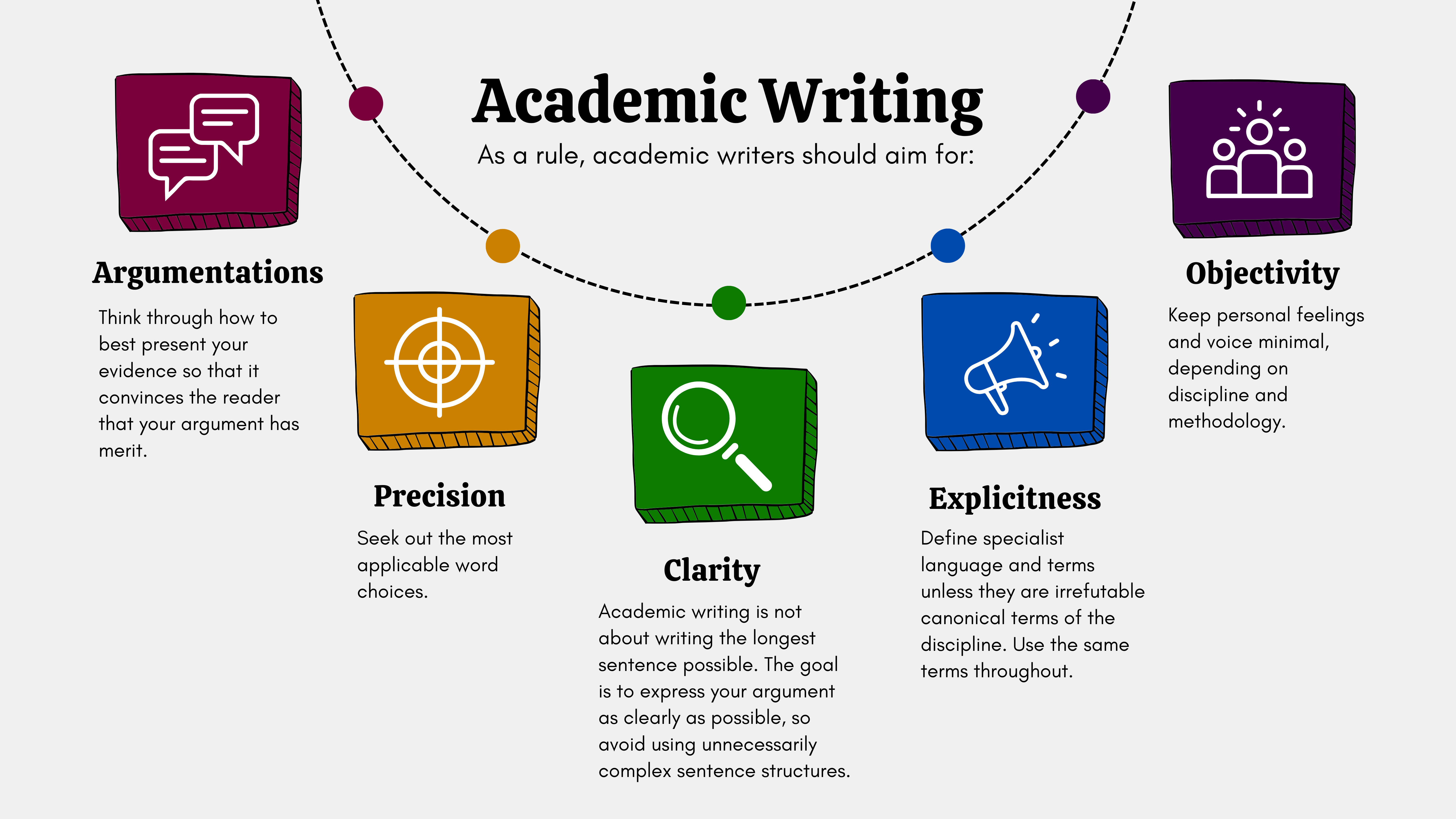13 Getting Started with Writing
The purpose of this section is to provide guidance for when and how to begin the writing process, as well as how to write like an academic. It provides suggestions for how to write a literature review, how to write in the academic genre, how to cope with writer’s block, and how to write when English is an additional language.
Paul Oliver provides the following advice for writing a thesis:
“There is often a natural tendency to be thinking continually about the final qualification, and to treat the thesis writing simply as a means to that end. This is a pity, because academic writing is a very creative activity. It is an opportunity for you not only to describe your research, but also to reflect on your own intellectual world view. Thesis writing is not merely an instrumental activity, but an opportunity to express your understanding of the world in a fresh and novel way. If you can concentrate on this creative dimension to academic writing you will probably enjoy the process much more.”[1]
When to start writing
As soon as possible! Writing, reading, thinking, and analyzing data go hand in hand, and if you are waiting for “inspiration to strike,” until you feel really motivated, or until you know exactly what you want to say, you may never start writing your thesis. As a general rule of thumb, start writing when you have:
- Collected some/most of your evidence and sources
- Planned the structure of the thesis carefully, and gotten feedback from your supervisor
- Discussed all of the above with your supervisor – and do not forget to keep the conversation open during the writing process
Where to start writing
Thesis writing is not necessarily a linear process. You do not have to begin writing with the introduction or with Chapter 1. In fact, many supervisors advise against beginning to write your thesis with the introductory chapter, as the literature you are drawing from, the arguments you are making, and several other aspects that will inform this part of your thesis can change during the researching and writing process.
It is generally advised that students begin writing where they are most comfortable in order to gain momentum and confidence. For a sandwich thesis, this may involve focusing on each publishable paper one at a time, and then finishing with the broader introduction and conclusion. Many traditional thesis students begin their writing process with the literature review, as this allows for a grounding of the project in the relevant literature, and this chapter or section will inform future analysis or results chapters. The literature review is also a good starting point because it is a section students can work on while gathering the information needed for subsequent chapters (i.e., awaiting ethics approval or finishing data collection and analysis).
Writing like an academic
Paul Oliver suggests it is helpful to treat academic writing as a genre, like poetry or the novel. As a genre, academic writing is defined by its clarity, objectivity and precision, and use of specialist language and terms, clearly defined for the reader. The goal is to create clear arguments that are supported by solid evidence.[2] To further highlight Oliver’s point, the following infographic provides five suggestions for academic writers, explaining what they should aim for in their writing.

Tips for writing like an academic
- Read academic writing in your field and note language that reads as formal and authoritative.
- Keep a list of specialist words for your discipline.
- Look up words you are not familiar with to expand your vocabulary.

